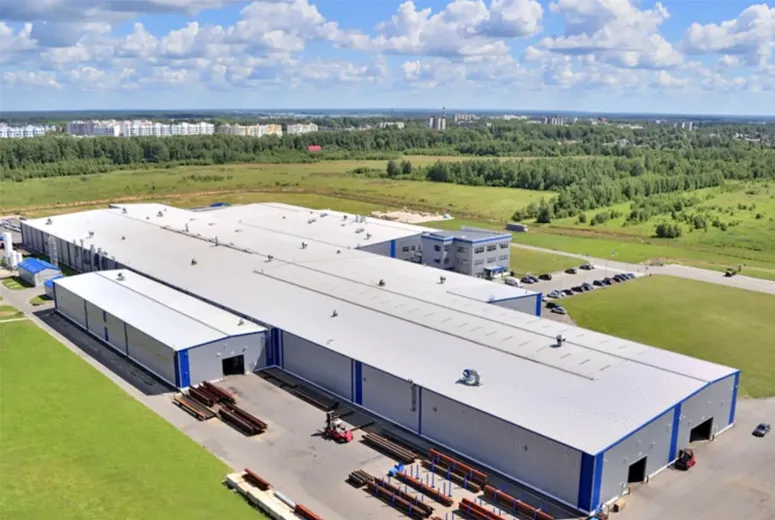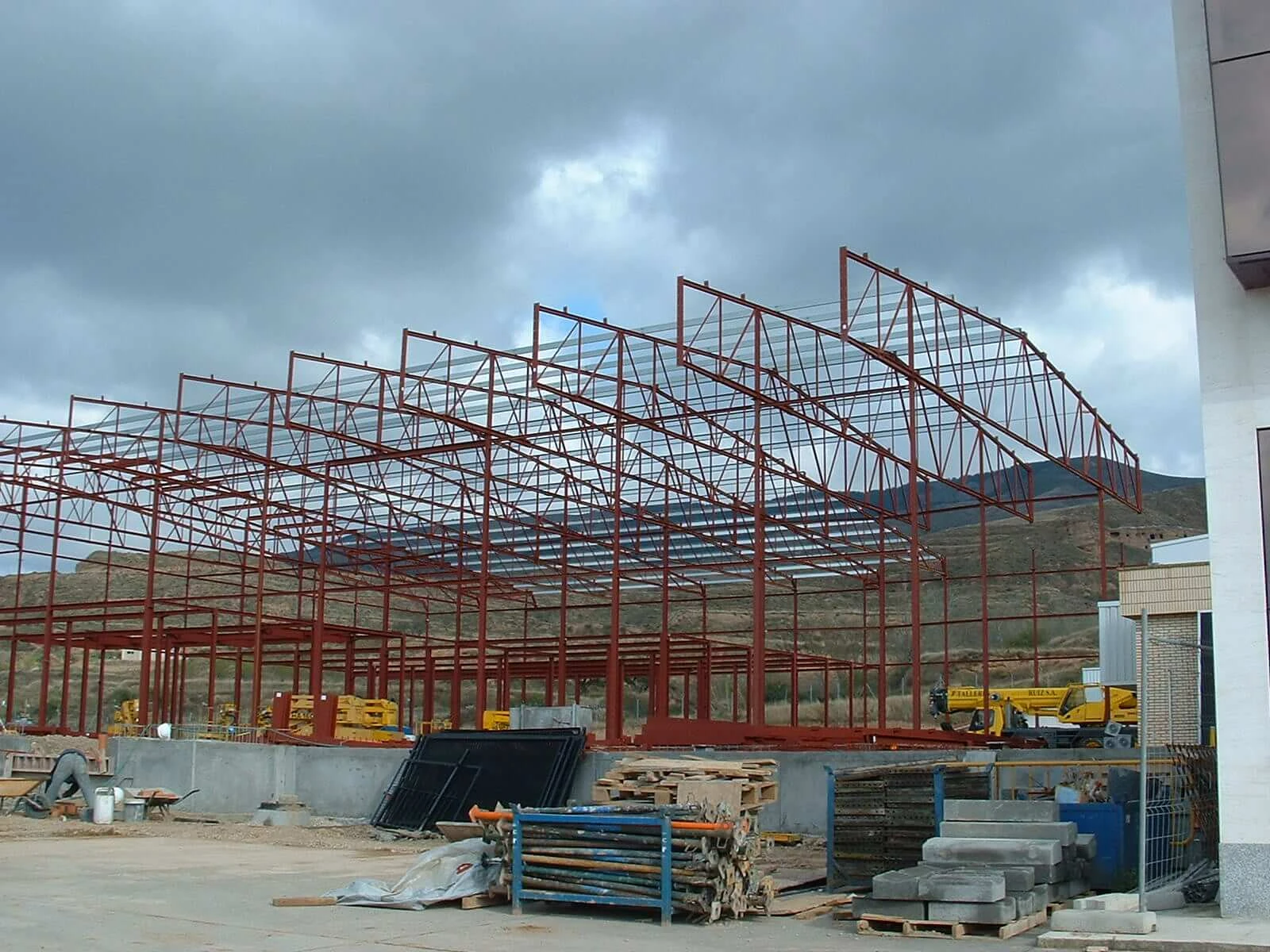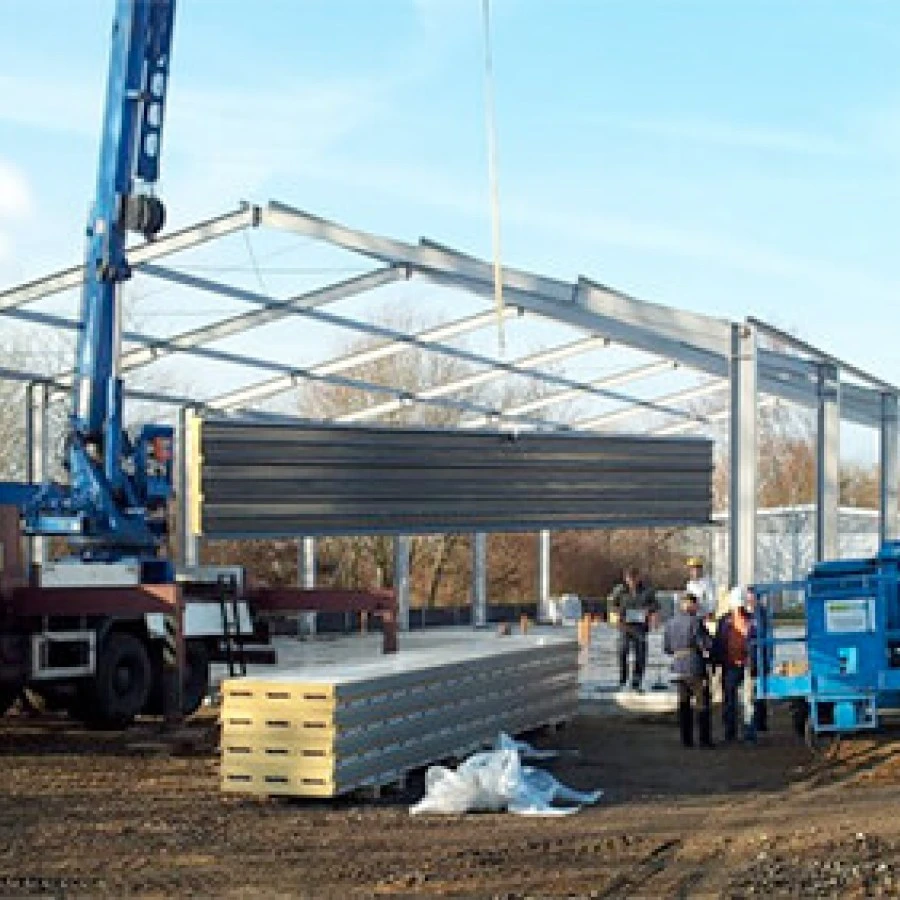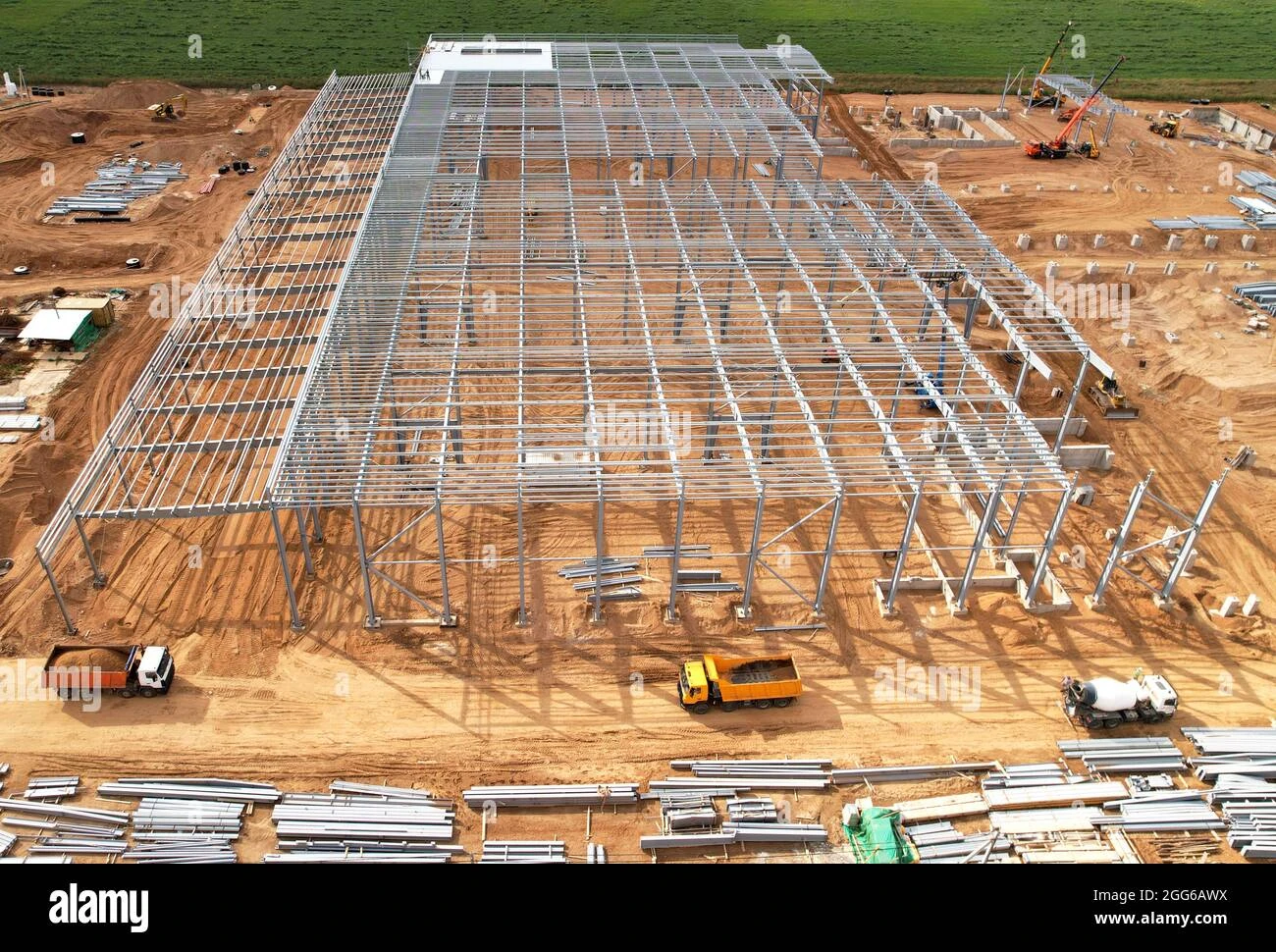- Afrikaans
- Albanian
- Amharic
- Arabic
- Armenian
- Azerbaijani
- Basque
- Belarusian
- Bengali
- Bosnian
- Bulgarian
- Catalan
- Cebuano
- Corsican
- Croatian
- Czech
- Danish
- Dutch
- English
- Esperanto
- Estonian
- Finnish
- French
- Frisian
- Galician
- Georgian
- German
- Greek
- Gujarati
- Haitian Creole
- hausa
- hawaiian
- Hebrew
- Hindi
- Miao
- Hungarian
- Icelandic
- igbo
- Indonesian
- irish
- Italian
- Japanese
- Javanese
- Kannada
- kazakh
- Khmer
- Rwandese
- Korean
- Kurdish
- Kyrgyz
- Lao
- Latin
- Latvian
- Lithuanian
- Luxembourgish
- Macedonian
- Malgashi
- Malay
- Malayalam
- Maltese
- Maori
- Marathi
- Mongolian
- Myanmar
- Nepali
- Norwegian
- Norwegian
- Occitan
- Pashto
- Persian
- Polish
- Portuguese
- Punjabi
- Romanian
- Russian
- Samoan
- Scottish Gaelic
- Serbian
- Sesotho
- Shona
- Sindhi
- Sinhala
- Slovak
- Slovenian
- Somali
- Spanish
- Sundanese
- Swahili
- Swedish
- Tagalog
- Tajik
- Tamil
- Tatar
- Telugu
- Thai
- Turkish
- Turkmen
- Ukrainian
- Urdu
- Uighur
- Uzbek
- Vietnamese
- Welsh
- Bantu
- Yiddish
- Yoruba
- Zulu
ഒക്ട് . 10, 2024 17:22 Back to list
The Evolution and Advantages of Steel Structure Factory Buildings
In the contemporary industrial landscape, the demand for efficient, durable, and cost-effective buildings has led to the increasing popularity of steel structure factory buildings. These structures are not just simple facilities for manufacturing; they symbolize a significant evolution in construction and design methodology that aligns with the needs of modern industry.
Historical Context
Steel has been a favored material in construction since the late 19th century, primarily due to its strength, durability, and versatility. The industrial revolution marked a turning point where factories transitioned from brick and wood to steel frameworks, leading to larger and more spacious facilities capable of accommodating advanced machinery and production lines. Over the decades, the use of steel has only grown, with innovations in steel production and fabrication enhancing its properties and applications.
Design Flexibility and Space Efficiency
One of the most remarkable advantages of steel structure factory buildings is their design flexibility. Steel allows for large spans and open layouts, enabling architects and engineers to create expansive interiors without the constraints posed by traditional materials. This open space is particularly advantageous for factories, where the layout of machinery and workspaces can be optimized for efficiency and safety.
Furthermore, the ability to customize designs according to specific needs means that companies can tailor their factories to maximize productivity. Whether it’s a need for high ceilings, specialized electrical setups, or specific loading capacities, steel structures can be engineered to meet diverse requirements.
Speed of Construction
Time is of the essence in the competitive industrial sector. Steel structure factory buildings can significantly reduce construction time compared to traditional buildings. Most steel components are pre-fabricated in controlled environments before being transported to the site for assembly. This modular approach minimizes on-site construction time and enables businesses to begin operations sooner, maximizing their return on investment.
steel structure factory building

Sustainability
As global awareness of environmental issues grows, sustainability has become a focal point in construction. Steel is one of the most recycled materials in the world, making it an eco-friendly choice for factory buildings. The use of recycled steel not only reduces waste but also minimizes the carbon footprint associated with extracting and processing raw materials. Additionally, steel structures can be designed for energy efficiency, employing insulation techniques that reduce heating and cooling demands, further promoting sustainability.
Durability and Safety
Steel structure factory buildings are known for their resilience. They can withstand harsh weather conditions, resist mold and pests, and have a relatively high resistance to fire. This durability translates to lower maintenance costs over the lifespan of the building, ensuring that businesses can allocate more resources to their core operations. Moreover, steel’s inherent strength enhances safety measures, especially in earthquake-prone areas, making these buildings a reliable investment.
Cost-effectiveness
While the initial investment in a steel structure factory may be higher than traditional construction methods, the long-term savings are substantial. With reduced construction times, lower maintenance costs, and the ability to customize for efficiency, many businesses find that steel buildings offer better overall value. Additionally, the longevity of steel structures means fewer replacements or major renovations are needed over time.
Conclusion
Steel structure factory buildings represent an innovative solution to modern industrial needs, combining design flexibility, sustainability, and durability. As industries continue to evolve, the demand for efficient and adaptable space will only grow, positioning steel construction at the forefront of future developments. Embracing steel as a primary building material is not just a trend; it is a strategic decision for companies looking to thrive in an increasingly competitive global market. As we look to the future, steel structures will undoubtedly continue to play a pivotal role in shaping the landscape of industrial facilities around the world.
-
Cold Formed Steel Residential Framing
NewsMay.21,2025
-
Innovative Steel Structure Building Solutions
NewsMay.19,2025
-
Innovative Prefab Metal Shed Solutions
NewsMay.19,2025
-
Durable Steel Horse Shelter Solutions
NewsMay.19,2025
-
Durable Metal Shed Solutions
NewsMay.19,2025
-
Durable Big Metal Shed Solutions
NewsMay.19,2025
Products categories
Our Latest News
We have a professional design team and an excellent production and construction team.












